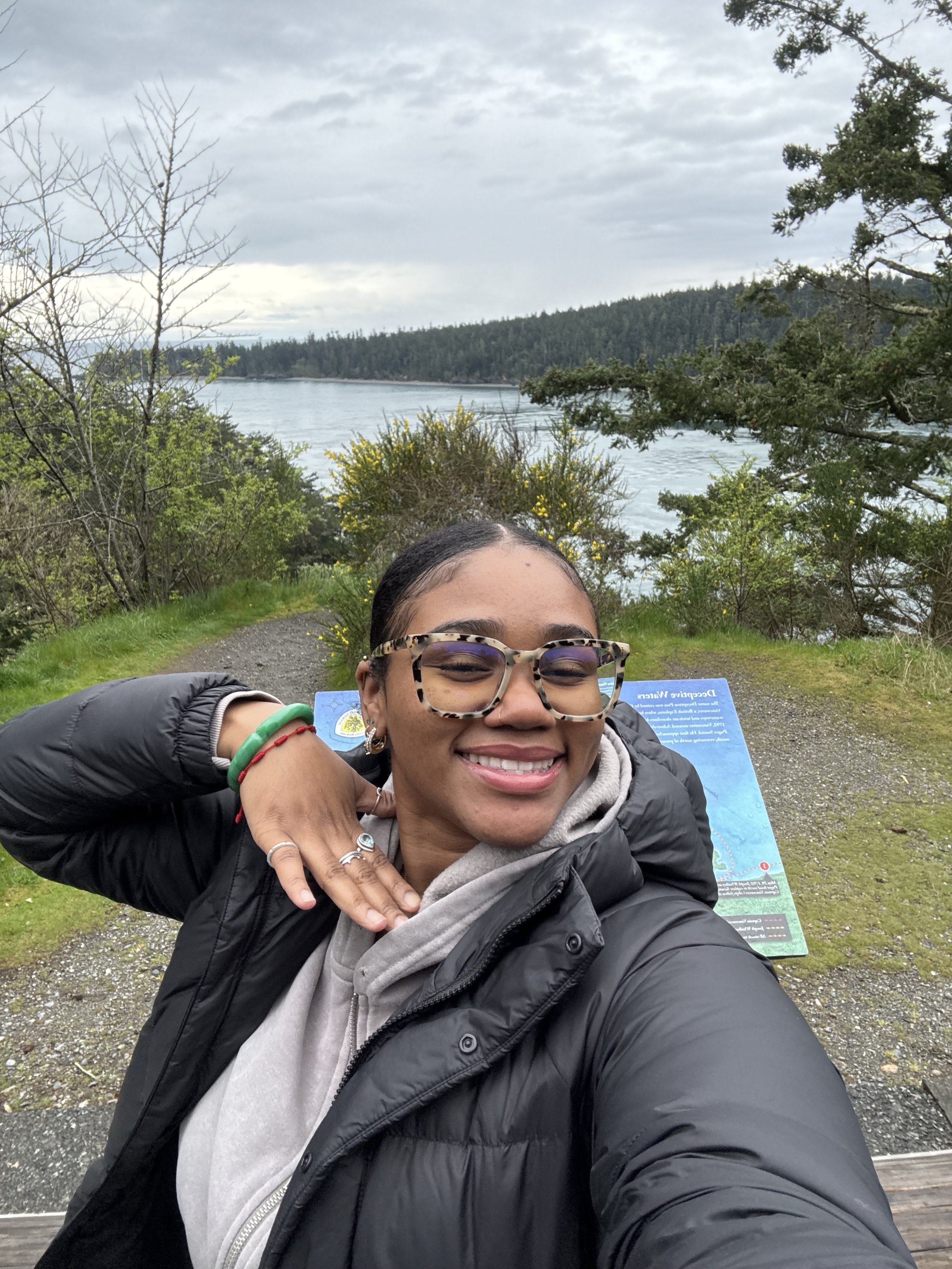10 years of WA-BLOC Freedom Schools: Yobachinia’s story
(Speech originally given at Seattle Teach Truth Day of Action June 8th. Printed with Permission by Yobach)
My name is Yobachinia Frazier, but most folks just call me Yobach. And I’m honored to be here today, not just as a speaker, but as someone who’s living proof of what liberatory education looks like in real life.
I want to start by telling you a little bit about myself, because truthfully, it’s impossible to understand the impact WA-BLOC has had on me without first understanding where I come from.
I was raised in Seattle. And I always like to quote a local artist, rest in peace to Tana Money, “I was born in the CD, but the South is where I reside.” That line hits deep, especially for those of us who understand the history of this city and the gentrification that’s pushed so many of us out.
I spent my teenage year in Rainier Beach as a Rainier Beach High Schooler. I’m a first-generation college graduate (now times 2). I had both of my parents go to prison around age of 7. And while I had people around me growing up, truthfully, I raised myself. Not because I wanted to, but because I had to. And like so many young people in our communities, I thought everything I was experiencing was just… normal. I didn’t know language like “systemic oppression” or “generational trauma.” I just knew what it felt like to survive, and to try to hold it together.
Then I found WA-BLOC. I joined their Freedom Schools program the very first year they launched, ten years ago as an incoming freshman. And here we are now, a decade later, and I’m still with them. I started as a scholar, and since then I’ve been a Junior Servant Leader Educator, a Site Assistant, a Site Coordinator, and now this year I’m back again, as an Educator. So when I say I’ve been with WA-BLOC through every phase of this work, I mean it.
For those who might not be familiar, WA-BLOC stands for Washington Building Leaders of Change. And that’s exactly what they’ve done for me, and for so many other students in South Seattle. Their Freedom Schools program is a five-week, literacy-based program, but what makes it different is the kind of literacy we’re focused on. We’re not just reading for reading’s sake, we’re reading to understand ourselves. Our stories. Our history. Our rights. Our worth. And our power.
Yobachinia and peers during WA-BLOC Freedom Schools Day of Social Action, 2016.
Freedom Schools scholars Day of Social Action, 2016.
WA-BLOC gave me a toolbox I’ll use for the rest of my life. I’m not just talking about the ability to speak or lead. I’m talking about tools that help me keep going, to advocate, to heal, to process, and to move through this world as a Black woman in America with her head held high. They gave me tools for leadership, for standing tall in rooms where I wasn’t expected to speak, and for showing up for my community even when I’m exhausted, because I know what’s at stake.
Through WA-BLOC, I’ve been part of their work fighting for transportation access, and if you know Rainier Beach, students and WA-BLOC are the reason why students had ORCA cards which led to now all students ride for free. I was part of the team that got our school’s water tested when we didn’t even know it wasn’t safe. We protested the youth jail. We pushed the district. We organized. And we didn’t do it because someone told us to. We did it because WA-BLOC gave us the tools and the confidence to believe we could.
Even after leaving Seattle (for college), I carried everything I learned with me. I left with the goal of becoming a nurse, a dream I’ve had since I was little. I had earned over six scholarships giving me a full ride, covering over $250,000 in tuition to attend a private university as a first-generation Black student. But once I got there, I was met with racism, bias, and a lack of support.
Still, I advocated for myself — and in the process, I was kicked out of the nursing program just two days before my senior move-in date. Not because I couldn’t succeed, but because the school wouldn’t stand behind me. And to be quite honest, I don’t think they believed I even deserved to be there.
But I did what I always do — I kept going. Not only was I able to finish at that university with a different degree on-time, I also got into a second nursing program, an accelerated one, and proved them wrong. They said it would take 24 months. I did it in 16. Two weeks ago, I officially graduated with my BSN in nursing, joining the 6.3 percent of nurses in this country who are African American.
So when I was trying to figure out how to finish my program after being treated unfairly, and I was stressed, overwhelmed, confused, WA-BLOC reminded me I had this. They poured into me with nothing but unconditional love and real accountability. And they never let me forget who I am.
Now, I’m not just a product of the work, I’m part of it. And one of the things I’ve been reflecting on lately is how brilliant our youth are. Especially the littles. Even at six, seven, eight years old, they want to talk about what’s happening in the world. They want to be heard. They want to feel safe. And most of all, they want to be loved. But too often, we label them. We silence them. We assume they’re “too young” to understand, but they understand everything.
That’s why this work matters so much. I’ve seen the impact it had on me. I’ve seen the impact it’s had on our students. And I’ve seen the difference between a child who’s allowed to show up fully… and one who never got the chance.
So today, I just want to say thank you. Thank you to the folks who’ve paved the way for me. Thank you to the students I now get to help pave the way for. And thank you to WA-BLOC, for seeing me, for loving me, and for changing my life.
This work is sacred. And it’s necessary. I am living proof.



